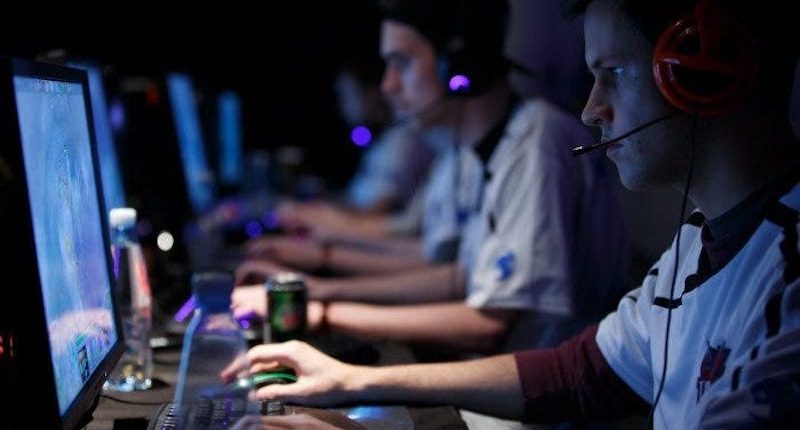India’s new tax policy on online gaming continues to be a point of concern for both domestic and foreign investors in the online gaming industry. The same was witnessed this time, after as many as 30 investors wrote a letter to the Indian Prime Minister, urging him to reconsider the taxation.
The list of investors includes well-known players in the Indian investing circle, such as Tiger Global, DST Global, Peak XV, Steadview Capital, ChrysCapital, Kalaari Capital, Alpha Wave, and Kotak Private Equity. The investors are seeking a review of the taxation, claiming that it would lead to an “onerous tax regime” and result in the write-off of $2.5 billion, as well as a loss of 1 million direct and indirect jobs. And if this is not enough, the investors claimed that it could a negative impact on prospective investments that amount to at least $4 billion in the next 3-4 years, as well as the growth of the gaming sector in the country.
For those who need a reminder, India dealt a heavy blow to the domestic online gaming industry with its latest decision to impose a GST of 28% on online gaming (which involve real-money transactions), as well as on casinos and horse racing. The tax would significantly impact the fund that online gaming firms collect from consumers, and India’s FM Nirmala Sitharaman said that the GST Council – which comprises of top federal and state finance ministers alike – would work closely with the IT Ministry on recognizing games under the online gaming category. Furthermore, the GST Council will not be distinguishing between “games of skill” and “games of chance” while levying the tax.
It is easy to see why such a tax might ruffle the feathers of those who have invested in this sector. After all, recent years have seen the gaming sector ‘level up,’ and the online gaming sector experienced rapid growth in the world’s second-largest internet market due to a variety of factors, such as increased digital penetration and the rising popularity of live sporting events. This growth came on the back of fantasy sports companies such as Dream Sports and Mobile Premier League (MPL), which have attracted significant investments and amassed large user bases. And as the sector grew, it attracted the attention of numerous investors.
Now, with the imposition of a 28% tax on online gaming, firms operating in this space are now faced with higher financial burdens that could dampen their growth prospects. The tax directly impacts the profit margins of the online gaming companies, and with a significant portion of their revenue now allocated to taxes, the net profits available for distribution to investors may decrease. This could lead to lower returns on investment and potentially dampen investor enthusiasm, as well as deter potential investors from entering the online gaming sector or making additional investments. And if investors become cautious about opening their purse strings for startups operating in the sector, said startups are likely to flounder.
In the letter to PM Narendra Modi, the investors wrote that the decision to impose the tax has the “unintended consequence of equating the constitutionally protected legitimate online skill gaming industry with gambling, betting and other ‘games of chance.’”
“We invested in this sector with the vision to make India the gaming capital of the world, which would help in generating, among other things, high-skilled jobs, billions in foreign capital and make the country a net exporter of innovation in gaming and allied areas such as animation, artificial intelligence and visual effects,” the letter added.
The Tech Portal is published by Blue Box Media Private Limited. Our investors have no influence over our reporting. Read our full Ownership and Funding Disclosure →






